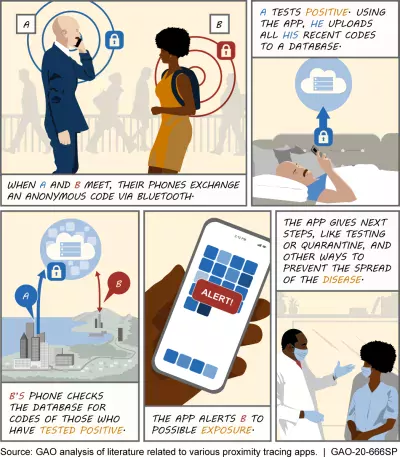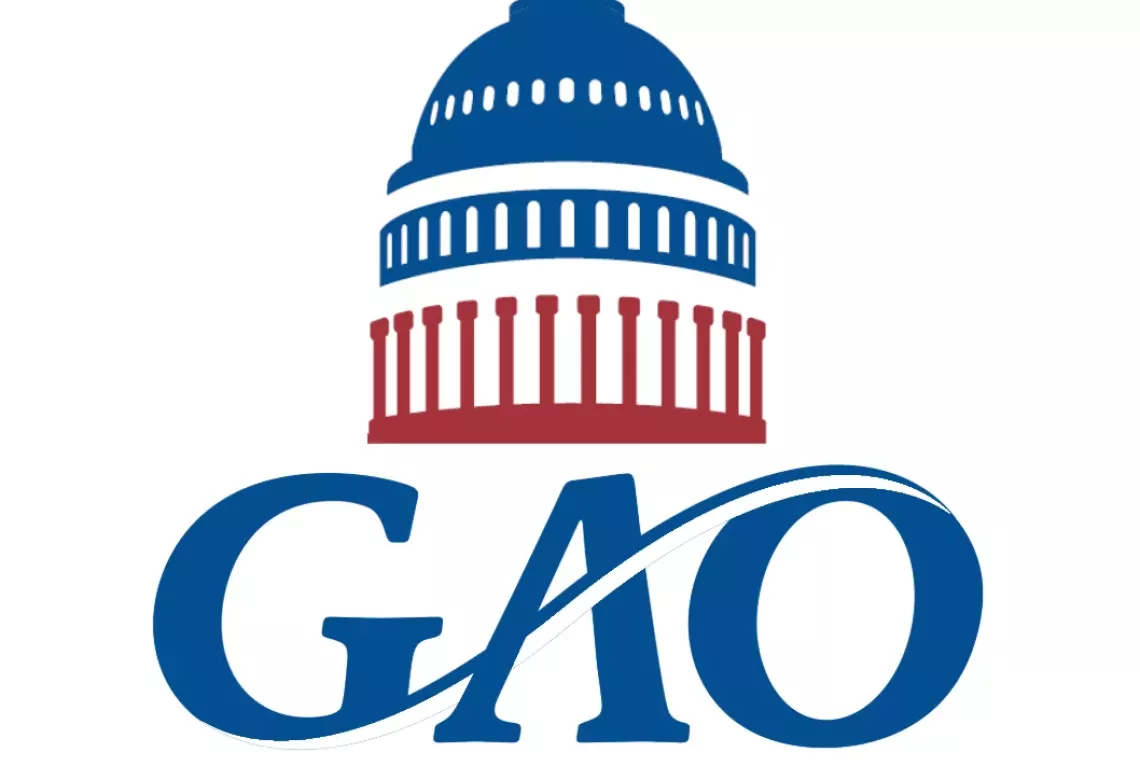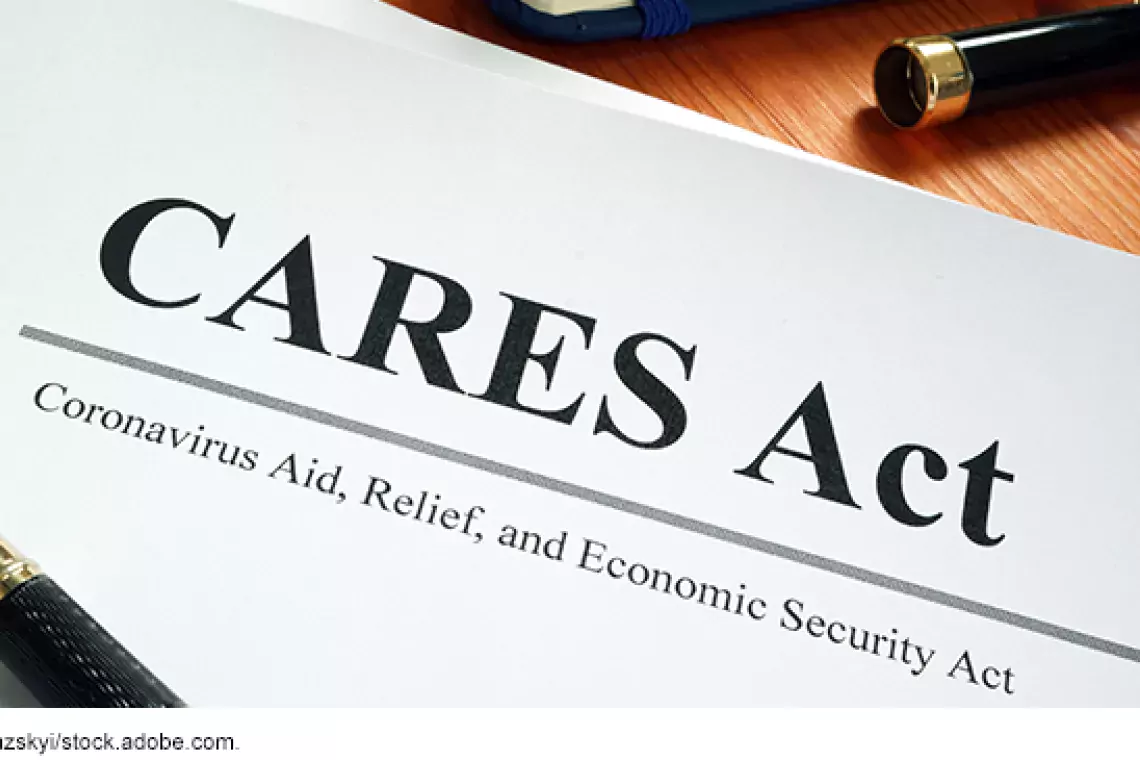Podcast Roundup—The Federal Response to COVID-19
Do you typically tune in to podcasts during your daily commute? If so, you might have missed out on some of our latest podcasts while being housebound by the pandemic.
Catch up by checking out this overview of some of the Watchdog Report’s latest podcasts about COVID-19.
Contact tracing technology
Contact tracing may help reduce transmission rates for infectious diseases like COVID-19 by identifying and notifying people who may have been exposed. New technology, such as apps that can be downloaded to cellphones, could expedite contact tracing efforts. However, these apps also present challenges—such as adoption rates and privacy concerns.
We talked with a GAO health care and technology assessment expert about contact tracing technology and its uses:
2020 Census delays
The 2020 Census is well underway, but the pandemic is presenting some unique challenges. As the Census Bureau adapts its plans, delays and changes to the Bureau’s operations may affect Census 2020’s accuracy, timeliness, and costs. We talked to GAO experts on the 2020 Census and Information Technology to learn more.
Emergency response
Doctors and nurses—even those that don’t work for the federal government—can help with federal response to a national emergency. The Department of Health and Human Services recently deployed about 1,200 of these professionals to respond to the COVID-19 pandemic in the United States.
However, HHS has experienced shortages in its supply of medical responders in the past, and has needed to rely on other agencies for help. We met with a GAO healthcare policy expert to learn more about HHS’s ability to respond to public health emergencies.
Fraud and COVID-19 federal assistance
In March, the federal government took extraordinary measures to help those affected by the COVID-19 pandemic. The $2.6 trillion Coronavirus Aid, Relief, and Economic Security (CARES) Act, signed into law on March 27, provides funds to help federal and state agencies respond to COVID-19. The CARES Act also gives loans and grants to help businesses and hospitals, and stimulus payments of up to $1,200 per person.
However, as this aid arrived, so did concerns about potential fraud. We sat down with GAO’s Director of Investigations to talk about the proper use of CARES Act funds, as well as how the public, government workers, and contractors can report allegations of improper activities.
Housing crisis
The economic crisis caused by COVID-19 has many households worried about paying their rents and mortgages on time. The CARES Act helps homeowners affected by COVID-19 through things like mortgage forbearance and a moratorium on foreclosures. But is there any assistance for renters?
We interviewed our top housing expert about the impact of COVID-19 on renters.
Economic disruptions
U.S. workers, companies, and communities have often needed to alter how they work or operate because of external forces, such as trade agreements and defense or energy policy changes. But perhaps no single event has affected workers and companies like the disruptions caused by COVID-19.
We met with a GAO expert on employment and training programs to discuss federal economic assistance programs, and how they are being used to help those affected by COVID-19:
Comments on GAO's WatchBlog? Contact blog@gao.gov.
GAO Contacts
Related Products

GAO's mission is to provide Congress with fact-based, nonpartisan information that can help improve federal government performance and ensure accountability for the benefit of the American people. GAO launched its WatchBlog in January, 2014, as part of its continuing effort to reach its audiences—Congress and the American people—where they are currently looking for information.
The blog format allows GAO to provide a little more context about its work than it can offer on its other social media platforms. Posts will tie GAO work to current events and the news; show how GAO’s work is affecting agencies or legislation; highlight reports, testimonies, and issue areas where GAO does work; and provide information about GAO itself, among other things.
Please send any feedback on GAO's WatchBlog to blog@gao.gov.







